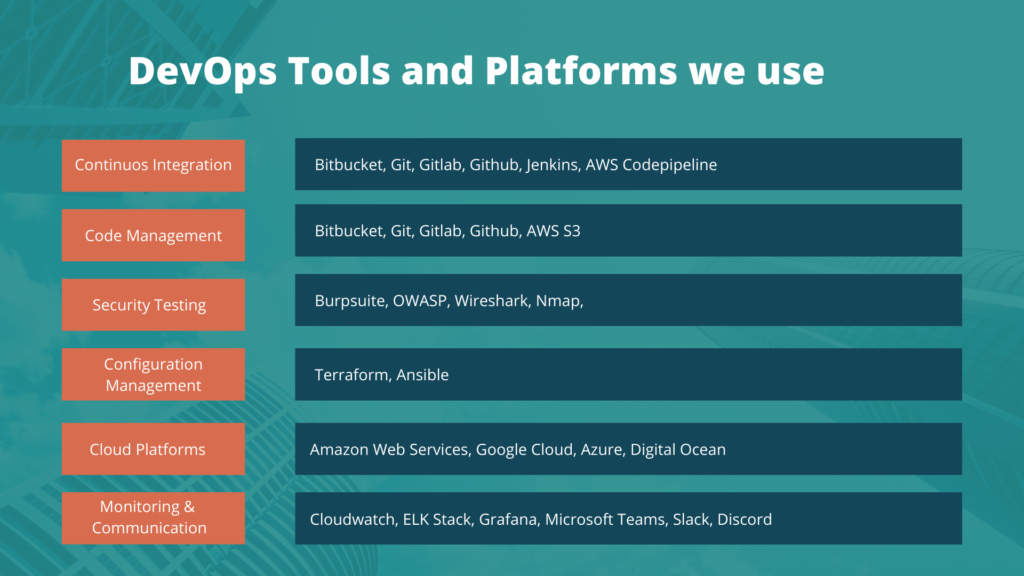Automate your System with DevOPS.
Application Delivery and Operational Efficiency at High Velocity
start adopting DevOps Services

Enhances Speed & Stability
Due to extremely long production and development cycles, the procedure is delayed. By using DevOps speeds up the development of apps, which in turn speeds up all associated procedures. Working with incremental steps, small batch sizes are simpler, less risky, and easier to test, and deploy. DevOps shortens lead times by using CI/CD pipelines instead of manual releases.

Early detection of defects
Defects are easily detected in the early stages by using DevOps because a lot of code is written and corrected regularly rather than vast sets being tested less frequently. The necessity for course-correcting across the board is eliminated because the modifications are made to the entire system and its associated procedures. Additionally, automated testing has its advantages.

Enhanced client satisfaction
Giving clients more value and high-quality software is the ultimate aim of DevOps. In the early stages of development, problems are also found before they affect consumers. Collaboration and numerous feedback loops are key to the DevOps culture, which aims to deliver the greatest goods to clients. All of these make sure that clients have a fantastic experience.

Reliability of
services
The greatest goal for businesses is to continue to offer customers dependable services. This is ensured by DevOps in numerous ways. Even though the project may be vast in scope and put more strain on the system, delivery is split down into smaller components, and DevOps practices facilitate continual expansion.

Faster Product Shipments
When employees work together, the entire development and deployment process will move much more swiftly, and you will be better able to generate results more quickly. This is helpful from a business perspective. This allows you to consistently deliver the Product with improved business timeliness.
DevOps Services
Release Management
- Application cycle management
- Coordination and collaboration
- Planning Scheduling and Governance
- Measuring and Monitoring Progress
Environment Management
- Incident management
- Auto Provisioning
- Log and Event Management
- Environment Monitoring
- Infra Code Management
Configuration & change Management
- Source code management
- Build Artifact Management
- Continues Integration
- Automated Deployments
Cloud & App Security Assessments
- Cloud Management
- Integrating active security audits in DevOps workflow
- Data Security
- Disaster Recovery Plan
Get Started
Tell us your Requirements
Our team will understand your process workflow and Technical needs and business objectives.
Assessment and Planning
We create a DevOps Assessment roadmap by visualizing your project requirements.
Process Implementation & Automation
We proceed with the analysis, design, automate the whole process pipeline from code generation to production, covering builds, test cases, quality checks, security, and more.
Security Integration
We run DevSecOps to execute end-to-end security integration through the ‘Security as Code’ mechanism

